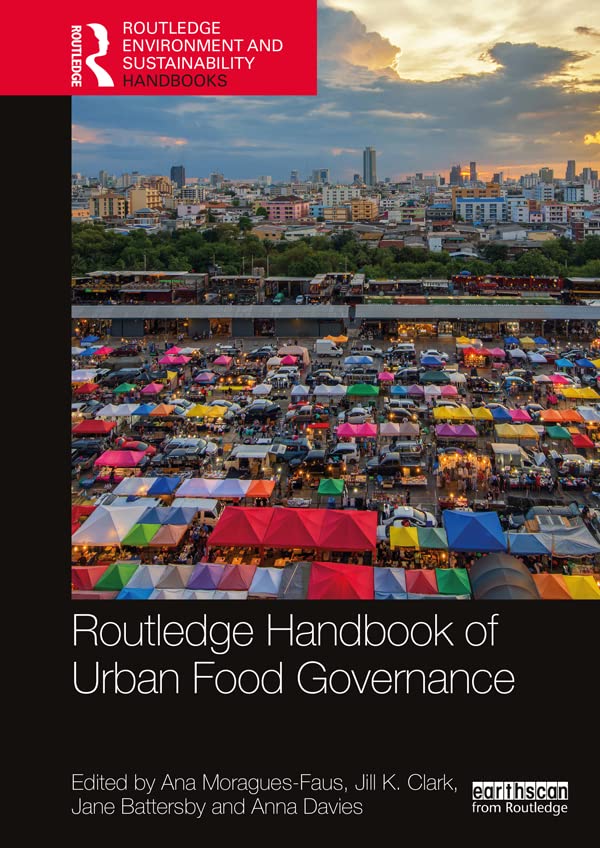

Most ebook files are in PDF format, so you can easily read them using various software such as Foxit Reader or directly on the Google Chrome browser.
Some ebook files are released by publishers in other formats such as .awz, .mobi, .epub, .fb2, etc. You may need to install specific software to read these formats on mobile/PC, such as Calibre.
Please read the tutorial at this link: https://ebookbell.com/faq
We offer FREE conversion to the popular formats you request; however, this may take some time. Therefore, right after payment, please email us, and we will try to provide the service as quickly as possible.
For some exceptional file formats or broken links (if any), please refrain from opening any disputes. Instead, email us first, and we will try to assist within a maximum of 6 hours.
EbookBell Team

0.0
0 reviewsTheRoutledge Handbook of Urban Food Governanceis the first collection to reflect on and compile the currently dispersed histories, concepts and practices involved in the increasingly popular field of urban food governance.
Unpacking the power of urban food governance and its capacity to affect lives through the transformation of cities and the global food system, theHandbookis structured into five parts. The first part focuses on histories of urban food governance to trace the historical roots of current dynamics and provide an impetus for the critical lens on urban food governance threaded through theHandbook. The second part presents a broad overview of the different frames, theories and concepts that have informed urban food governance scholarship. Drawing on the previous parts, part three engages with the practice of urban food governance by analysing plans, policies and programmes implemented in different contexts. Part four presents current knowledge on how urban food governance involves different agencies that operate across scales and sectors. The final part asks key figures in this field what the future holds for urban food governance in the midst of pressing societal and environmental challenges. Containing chapters written by emerging and established scholars, as well as practitioners, theHandbookprovides a state of the art, global and diverse examination of the role of cities in delivering sustainable and secure food outcomes, as well as providing refreshed theoretical and practical tools to understand and transform urban food governance to enact more sustainable and just futures.
TheRoutledge Handbook of Urban Food Governancewill be essential reading for students, scholars, practitioners and policymakers interested in food governance, urban studies, sustainable food and agriculture, and sustainable living more broadly.